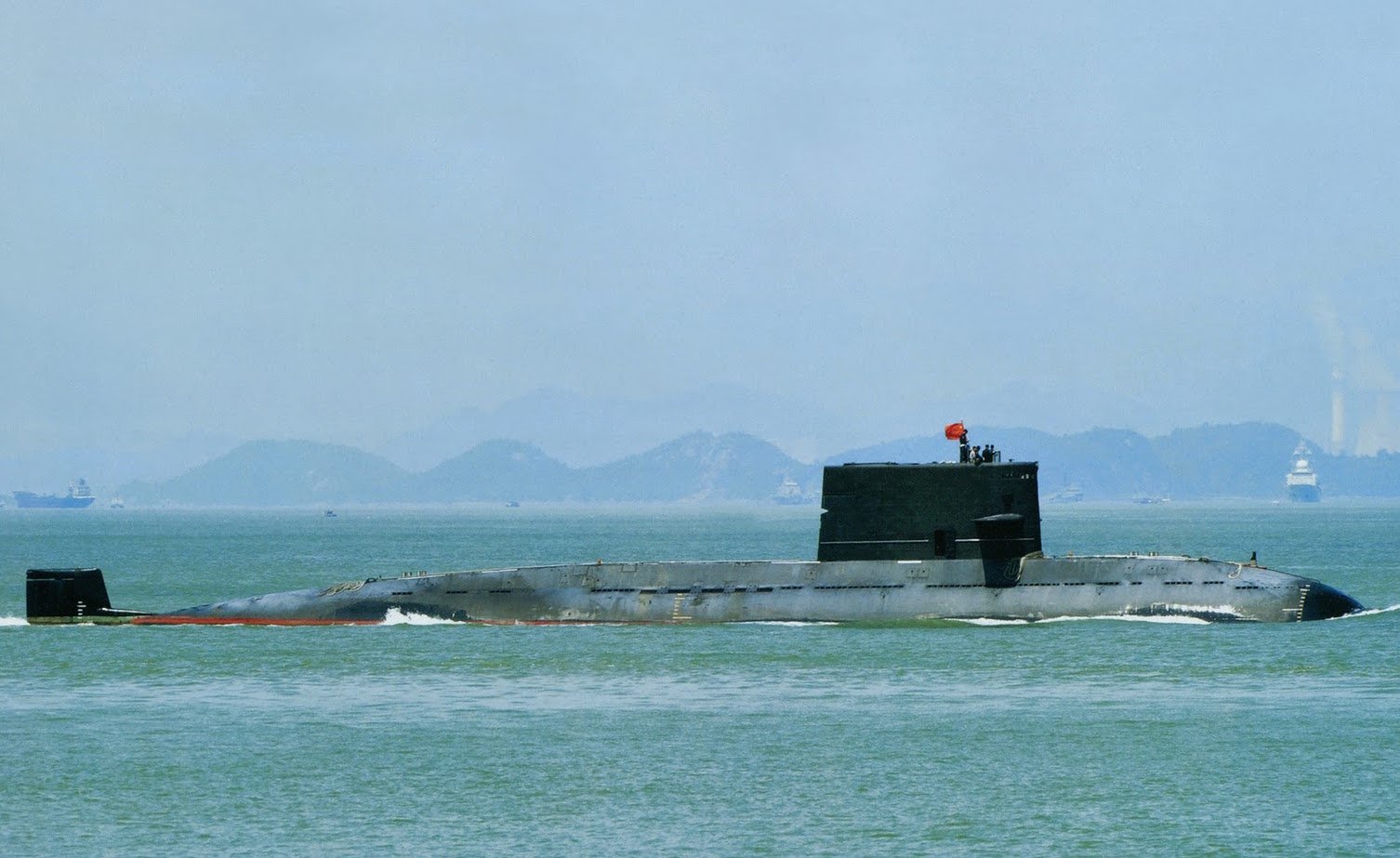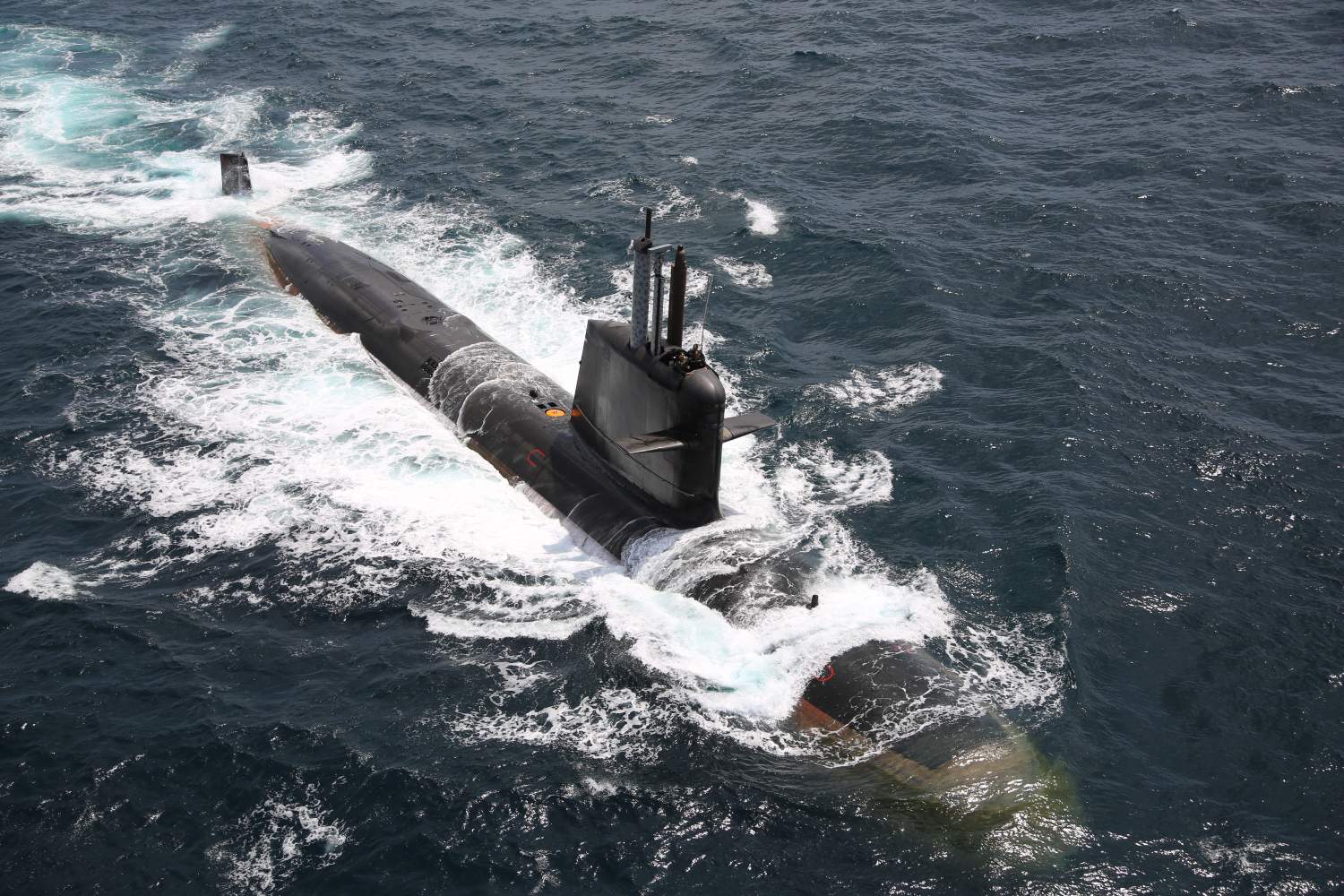Months after signaling the purchase of a submarine from China, Thailand announced that it had decided to put the plan on hold due to the unavailability of a German engine and acquire a Chinese frigate instead.
In an unexpected announcement, Thai Defence Minister Sutin Klungsang recently disclosed that the Royal Thai Navy has ordered a Chinese frigate instead of moving ahead with the planned acquisition of a Chinese Yuan-class submarine due to the unavailability of a German engine as initially stipulated.
This does not, however, automatically imply that the purchase of the submarine is canceled. During a visit to the Naval Headquarters, Sutin said that the country was not abandoning the submarine deal with China. It has been placed on hold until a later, unspecified time when it is ready.
“The submarine project is not scrapped but will be shelved for a certain period…It will resume when the country is ready.” The minister fell short of specifying a schedule for bringing the submarine purchase back on track.
In 2017, the initial agreement to purchase the S26T Yuan-class submarine with German-origin MTU-396 diesel engines was drafted. However, trouble started brewing after Germany scuttled the deal, citing policy constraints that prevented the planned engines from being included in any Chinese military equipment.

The deal ultimately hit a snag as Thai Prime Minister Prayut Chan-o-cha threatened to call off the agreement if the Chinese could not install the German-origin MTU-396 diesel engines specified in the original purchase agreement.
To prevent the deal from collapsing, Beijing offered a local alternative and reverse-engineered Chinese-made engines, CHD620, made by China’s state-owned submarine manufacturer, certified by German MTU. Several hard-fought negotiations followed, during which the Chinese delegates relentlessly pushed to use their engine.
Thailand is known to have rejected a Chinese-made engine for the submarine, ostensibly owing to quality concerns. The Royal Thai Navy also stated that it was sticking to the contract’s original provisions, which it feels are non-negotiable.
“What do we do with a submarine with no engines? Why should we purchase it?” Prayut had told journalists in April 2022.
The Thai government approved the purchase of three Yuan-class submarines from China for US$1.05 billion in April 2017. However, due to budget constraints, purchasing only one submarine was allowed, valued at US$403 million, while the other two were shelved. The one submarine was initially slated to be delivered by 2024.
Chinese Frigates, Not Submarines
Although the submarine deal has been in a deadlock for the last few years despite Beijing’s intense lobbying and assurances directed at the Thai junta government, the recent announcement may come as a surprise since Thailand hinted that it might go ahead with the purchase with Chinese-developed engines earlier this year.
In June this year, EurAsian Times reported that with no signs of a turnaround by German authorities, the Thai government was actively considering the Chinese engine on offer. At the time, some unnamed sources had revealed that Thailand was in talks with Pakistan for information about the quality of its fleet of Chinese-made submarines fitted with Chinese engines.
Last month, former Navy chief Admiral Choengchai Chomchoengpaet said he would propose that the cabinet approve a submarine with a Chinese engine. However, the Thai government appears unwavering in its resolve to procure the originally stipulated German engine-fitted submarine.
The government quickly ordered the Navy to rework its project plans. This eventually led to two proposals: the first called for the acquisition of an offshore patrol vessel, and the second, the purchase of a frigate equipped with anti-submarine weapons and systems.
The government and the defense minister decided to proceed with the frigate option, even though it would have cost 17 billion baht, or 1 billion baht more than the proposal to buy submarines.
“The frigate option will compromise the Navy’s capabilities slightly when compared with the submarine project, but the Navy can accept it,” the defense minister said. However, He did not specify which Chinese frigate the Royal Thai Navy was eyeing to purchase going forward.

Moreover, the minister also noted that he was aware that the construction of the ordered submarine had reached an advanced stage and was nearing completion. He emphasized that China would soon figure out what to do with the vessel since the acquisition would not go through for now.
The Chinese have demonstrated well-known capabilities in reverse engineering technology obtained by foreign countries to develop their system. However, Thailand’s misgivings about Chinese engines could be explained by the lack of examples of domestic propulsion technology.
Although Beijing has yet to make official comments, it is not expected to go well with the country. Even though Thailand has indicated that terminating the purchase will not affect bilateral relations, China has more at stake than just selling one submarine to Thailand. China’s inability to provide the submarine with the original engine and the falling apart of the agreement would jeopardize its future submarine sales.
Despite that, the reports indicate that Chinese President Xi Jinping and Premier Li Qiang had discussed this option with Prime Minister Srettha Thavisin earlier this week in Beijing. Both leaders decided to give the Thai suggestion some thought.
- Contact the author at sakshi.tiwari9555(at)gmail.com
- Follow EurAsian Times on Google News




